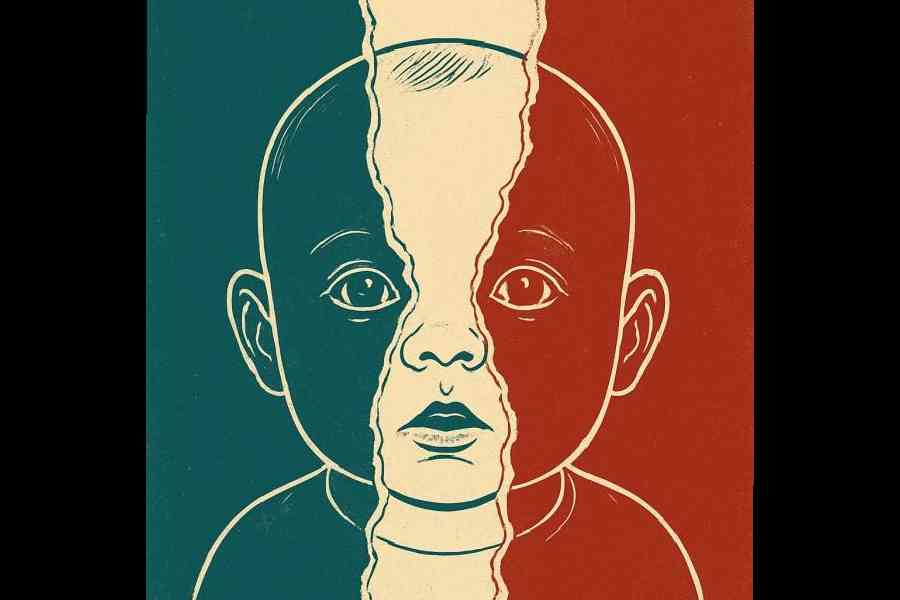Book name- THE NAMES
Author- Florence Knapp
Published by- Hachette
Price-Rs 699
In 1969, John Fowles caught readers off guard by offering three alternative endings to his Victorian historical fiction, The French Lieutenant’s Woman. Florence Knapp’s debut novel, The Names, not only offers three different endings but also sustains three different narrative threads with the same characters throughout the novel. This innovative narrative strategy is enjoyable and gives the novel a depth and profundity
rarely to be found in debut works.
Cora Atkin, the mother of nine-year-old Maia and a son a few weeks old, has been entrusted with the task of getting the name of her son registered. Cora’s husband wants him to be called Gordon after him and the generations of men in his family. Cora believes that “[A] person’s name might have influenced the course of their lives.” Thus, she does not want to name her son after an abusive husband. Thereafter, the novel follows three different narrative threads with the baby boy being christened with three different names — Bear, Maia’s choice for her baby brother who, she hopes, will be soft and cuddly yet brave like a bear; Julian — Cora’s choice of a name for her own son; and Gordon.
True to Cora’s belief, the three names elicit three different kinds of responses from her husband, changing the course of the family’s lives forever. Bear, Julian, and Gordon turn out to be children and, then, adults with different characters and proclivities. The three manifestations, as it were, of the same person also shape and determine the course of the relationships among the family members and their friends. Each principal character gets burdened with a different destiny depending on the name of the boy; each name also shapes the nuances of the relationships among them.
In this fast-paced novel with alternating chapters tracing the lives of Bear/Julian/Gordon and his immediate family and friends, Knapp uses prose that is lucid and filled with dialogues revealing the characters’ inner lives. There are repeated mentions of ballet, a dance form which Cora practised in her youth, in pursuit of which she had left her home in rural Ireland at the age of fourteen. Maia also learns ballet, though reluctantly initially, just to meet her father’s demands. In fact, in its poised structuring of chapters, The Names seems to follow the graceful performance of a ballet. Knapp unobtrusively includes tiny, overlapping details from the narrative in one strand into another, thereby giving the impression that Bear/Julian/ Gordon inhabit the same fictional time and space.
The novel also deals with the theme of domestic abuse and how it strips its victims of their autonomy and turns them into a bundle of nerves. It also reveals how a domineering and manipulative parent can turn the children against the victim and snatch away the last hopes of succour. However, Knapp also accounts for the possibility of a change of heart; an understanding, albeit belated, of the suffering of others which goads the characters to become proactive and end the cycle of abuse. The interpersonal relationships, especially in the sections pertaining to Bear and Julian, are drawn exquisitely, showing that love can transcend the boundaries of age and social scrutiny.
The Names is a novel about choices, but not about the rightness or the wrongness of the choices one makes. Yet, it turns out to be a narrative about the consequences of these choices. As a debut novel, it is full of promise. Knapp has a natural flair for storytelling and it would be interesting to follow her literary career in the hope of reading captivating and stylistically innovative works.










